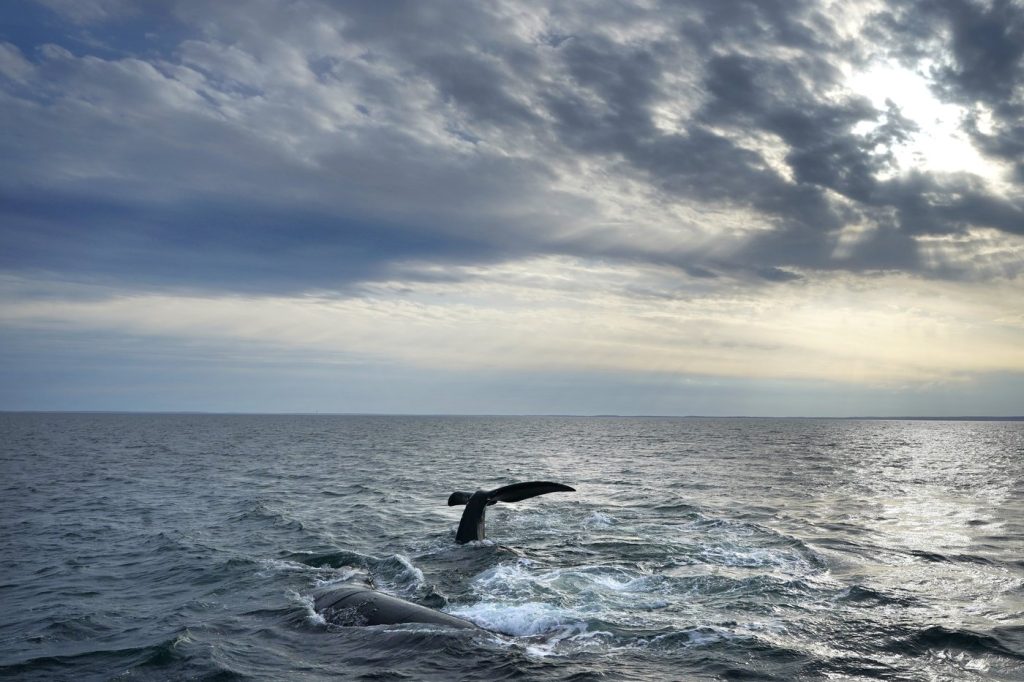The Canadian government has announced its intention to implement measures this summer aimed at safeguarding the critically endangered North Atlantic right whale, a species that has seen its numbers dwindling to approximately 370 individuals. Known for giving birth off the southeastern coast of the United States during winter and spring, these whales migrate northward to New England and Canadian waters to feed.
Along their migratory route, North Atlantic right whales encounter numerous threats, including lethal collisions with ships and entanglements in commercial fishing gear. Environmental groups have long criticized both the U.S. and Canadian governments for their insufficient efforts in protecting these whales, which are classified as critically endangered.
According to a statement released by Transport Canada on June 27, the agency is enforcing mandatory protection measures this summer. All vessels measuring 42.7 feet (13 meters) or longer are now required to adhere to speed restrictions within specified regions of the ocean to minimize the risk of whale strikes. Additionally, Transport Canada is calling for voluntary slowdowns in other ocean areas to further benefit the whales.
The implementation of these restrictions underscores Transport Canada's commitment to protect and conserve the endangered North Atlantic right whales. The agency highlighted the current actions as part of its effort to shield this iconic species from vessel collisions, particularly in the Gulf of St. Lawrence, a high-traffic region where right whales are frequently sighted.
As the restrictions roll out, scientists are raising alarms about a troubling decline in right whale reproduction rates. Earlier this year, the New England Aquarium reported that the recent calving season yielded only 11 mother-calf pairs. U.S. government officials have indicated that a minimum of 50 calves per season is necessary for the population to begin to recover adequately.
This summer's enforcement comes on the heels of a U.S. government decision to retract a proposal aimed at requiring a broader array of ships to reduce their speeds in East Coast waters to protect the whales. This decision, made during the final days of President Joe Biden's administration, was prompted by federal ocean managers' concerns over the feasibility of implementing these rules before President Donald Trump assumed office in January.
Historically, the North Atlantic right whale was abundant along the East Coast, but its population has been severely impacted due to past commercial whaling practices. Despite being protected under the U.S. Endangered Species Act for several decades, the species has been slow to rebound, highlighting an ongoing conservation challenge.
As the Canadian government takes these critical steps to mitigate risks to the North Atlantic right whale, the continued cooperation and commitment from both the U.S. and Canadian governments, along with environmental organizations, will be essential in fostering an environment where this unique marine species can thrive once again.












